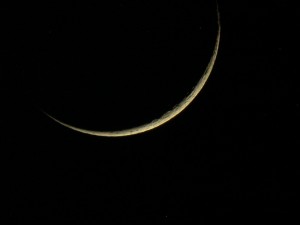In the Name of Allah, the Most Gracious, the Ever Merciful…
The following translation of the advice of a great scholar is being provided to assist our brothers and sisters in taking the correct stance on serious matters of public safety, in a time of confusion and widespread opinions, in order to obey Allah’s Command to return these important matters back to our leading authorities:
ولو ردوه إلى الرسول وإلى أولي الأمر منهم لعلمه الذين يستنبطونه منهم
“Had they only returned it back to the Messenger and those in authority among them, those of them capable of extracting the ruling would know it.” [4:83]
The more serious a matter becomes, and the more lives which are harmed by unqualified rulings related to it, the more dire the need becomes to return the matter back to only the senior scholarly resources of this Ummah.
Regarding the issues surrounding the current global pandemic, our world has become flooded with opinions and claims about wearing masks, social distancing, and even the very existence of a pandemic in the first place! To avoid confusion, let us fear Allah, remain silent and cautious, and implement the Quranic methodology of returning such serious matters of global safety back to the leaders of our Ummah, the ones whom He, the Most High, has made responsible for providing us with direction in the most difficult of issues!
One such scholar, al-‘Allaamah Saalih ibn Fowzaan al-Fowzaan (may Allah preserve him), is one of those great senior resources of knowledge in our times, known and trusted by the Muslims worldwide for his knowledge, insight, and sound creed. He has spoken about the Islamic obligation of social distancing recently, during the 1441 Hajj season. (audio) The following are a translation of his words of advice, in which he emphasizes the following important matters:
- The obligation of social distancing
- The temporary nature of this distancing
- Mutual love will increase because of it
- Gaps in the prayer rows must be maintained
- Social distancing is in everyone’s best interests
- Allah’s Help is needed to remove the pandemic
Shaykh Saalih al-Fowzaan (may Allah bless and protect him) said:
“Taking steps to protect oneself is an objective, especially in gatherings during the two ‘Eeds, the five [daily] prayers, and Jumu’ah. They must keep a distance from each other these days, fearing the spread of the contagion. There is to be a gap between each two people. Aside from this circumstance, it is Continue reading

 Shaykh Saalih al-Fowzaan (may Allaah preserve him) stated:
Shaykh Saalih al-Fowzaan (may Allaah preserve him) stated: